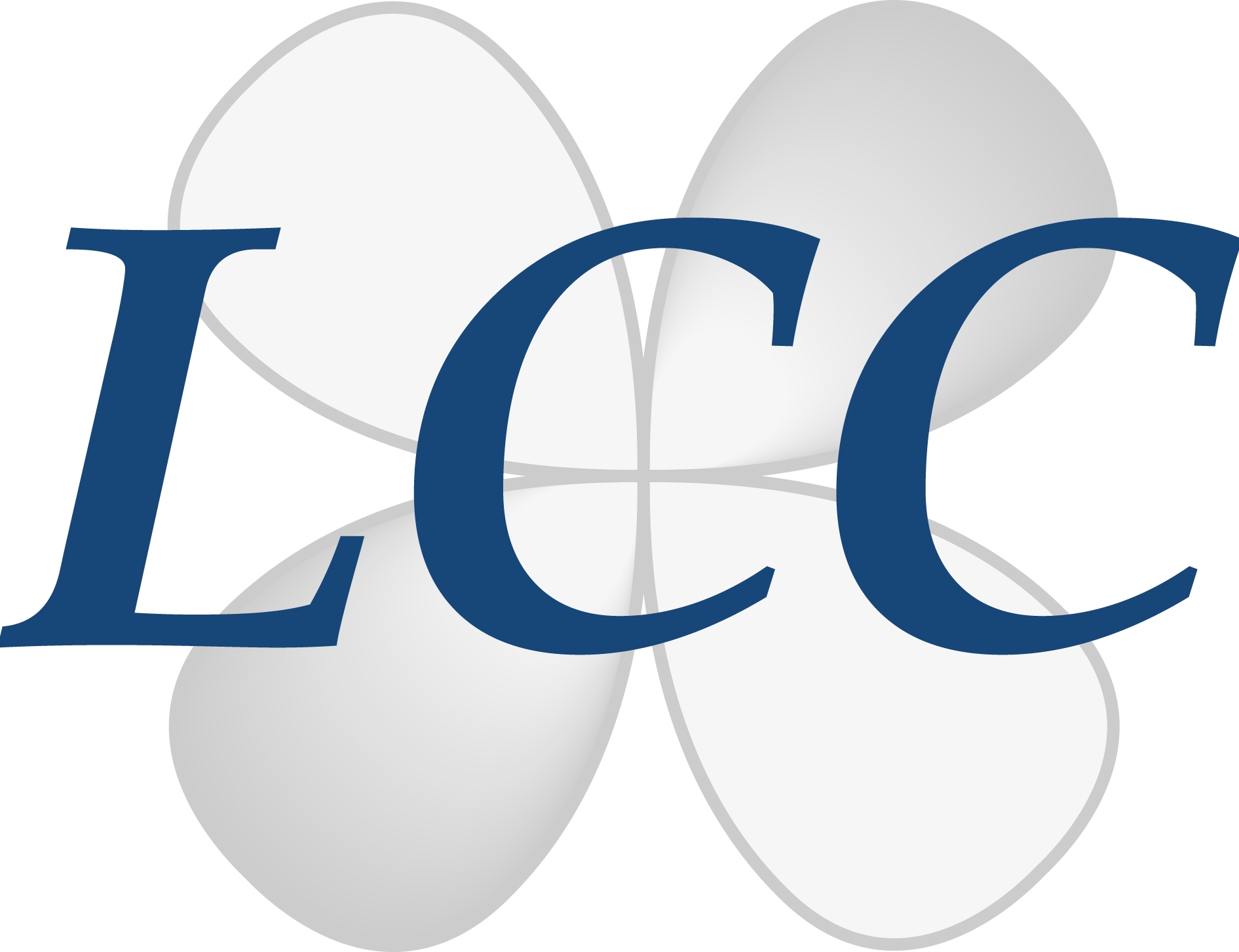Sustainable biphasic organocatalysis into well-defined water-soluble core-shell nanoreactors
CHEMISTRY & GREEN CHEMISTRY

Lab: LCC
Duration: NanoX master Internship (8 months part-time in-lab immersion)
Latest starting date: 01/03/2022
Localisation: Laboratoire de Chimie de Coordination, 205, route de Narbonne, Toulouse.
Supervisors:
Eric MANOURY, Dr eric.manoury@lcc-toulouse.fr
This research master's degree project could be followed by a PhD
Work package:
In the context of sustainable development, it is now essential to consider the recovery and recycling of catalysts in order to improve energy efficiency, limit environmental impact and lower the cost of catalytic processes, especially when rare metals are involved. Micellar biphasic catalysis between an aqueous phase and an organic phase thus offers a very interesting solution but suffers from several disadvantages, such as swelling of the micelle by the solvents/reagents, which can lead to the formation of stable emulsions, preventing good recycling. A very promising solution is to develop "core-shell" nanoreactors first by controlled polymerisation-induced self-assembly (PISA) to obtain micelles of controlled size and finally cross-linking of all branches of the micelles. The nanoreactors obtained by this methodology are composed of a hydrophobic core (cross-linked in the centre) where the catalysts are located and a hydrophilic peripheral layer ensuring solubilisation in water.[1] They have been used in various metal-catalyzed reactions like hydroformylation and hydrogenation. [1]
The aim of this project is to apply this methodology to organocatalysis, which have both proven to be very powerful tools for the synthesis of organic compounds.[2] Some nanoreactors containing phosphines[1] are already available and will be tested first in organocatalyzed reactions. Some new nanoreactors containing other organocatalysts like amines or chiral phosphines should also be synthesized and tested again in organocatalyzed reactions.
References:
[1] (a) X. Zhang, A. F. Cardozo, S. Chen, W. Zhang, C. Julcour, M. Lansalot, J.F. Blanco, F. Gayet, H. Delmas, B. Charleux, Chem.-Eur. J. 2014, 20, 15505 ; (b) E. Lobry, A. Cardozo, L. Barthe, J. F. Blanco, H. Delmas, S. Chen, F. Gayet, X. Zhang, M. Lansalot, F. d’Agosto, R. Poli, E. Manoury, C. Julcour, J. Catal. 2016, 164, 172 ; (c) A. Joumaa, F. Gayet, E. J. Garcia-Suarez, J. Himmelstrup, A. Riisager, R. Poli, E. Manoury, Polymers, 2020, 12, 1107. (d) S. S. Sambou, R. Hromov, I. Ruzhylo, H. Wang, A. Allandrieu, C. Sabatier, Y. Coppel, J.-C. Daran, F. Gayet, A. Labande, E. Manoury, R. Poli, Catal. Sci. Technol. 2021, 11, 6811-6824.
[2] (a) M. P. van der Helm, B. Klemm, R. Eelkema Nature Rev. Chem. 2019, 491-508; (b) D. L. Org. Process Res. Dev. 2018, 22, 574−584; (c) the importance of asymmetric organocatlaysis has been recognized by the award of the Nobel Prize in Chemistry to David W. C. McMillan and B. List for their works on asymmetric catalysis.
Areas of expertise:
catalyst design, polymerization, homogeneous catalysis, asymmetric catalysis, chromatography
Required skills for the internship:
We are looking for a dynamic, curious and motivated student, with a strong background in organic chemistry and catalysis; knowledge in polymerization techniques would be a plus.
